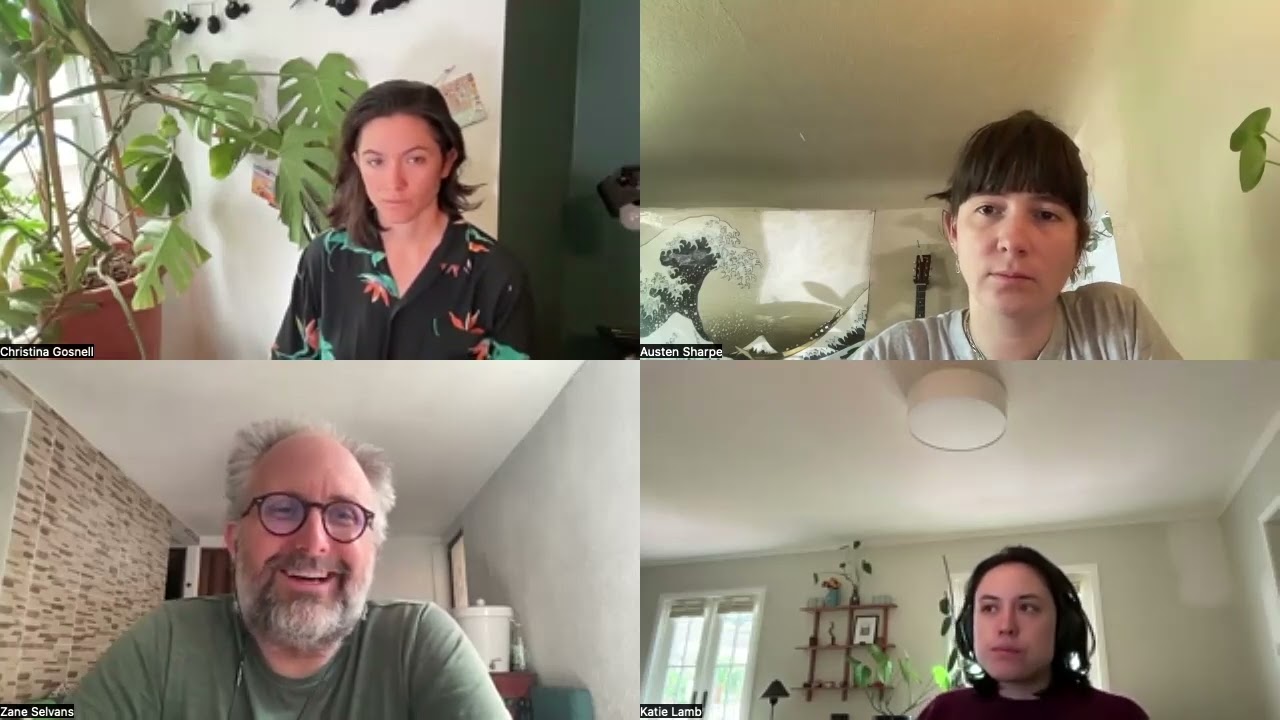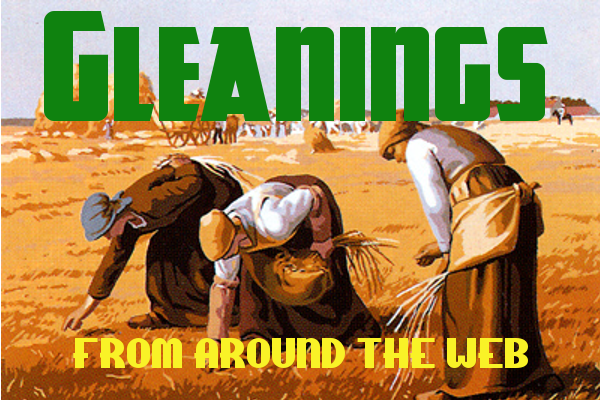This week, four of the worker-owners from Catalyst Cooperative talk about how their co-op got it's start, how they have honed their deliberation and decision processes, and how they've approached growing their business during their 8 years in existence.
Then, Kenzie Love writes about how B Corporation certification has helped the Sustainability Solutions Group distinguish themselves in the market and make it easier for clients to understand the values that set the co-op apart from their competitors.
What It’s Like to Work at a Tech Worker Co-op
by Catalyst Cooperative
The coop was founded in 2017 with the mission to make US energy system data more accessible. Catalyst's main objectives are to curate the free, open-source Public Utilities Data Liberation project (PUDL) and help clients navigate a myriad of energy or environmental data needs. We filmed this interview to help researchers or coop-curious individuals learn more about what it's like working at a tech cooperative.
B Corps Are One Piece of a Complex Puzzle
by Kenzie Love
Amid a growing market for climate change mitigation and adaptation planning, Sustainability Solutions Group (SSG) faces stiff competition when it responds to requests for proposals. The award-winning consultancy already has one significant differentiator from most of its competitors: it’s a worker co-op. But while this should be an indicator that SSG doesn’t do business as usual, the Co-op was still having some trouble standing out from the pack.
Workers' Cooperatives in Brazil: Autonomy vs Precariousness
Academia.edu — Since the 1990s, workers’ cooperatives have multiplied throughout Brazil. Economic restructuring and the adoption of neoliberal policies have resulted in the privatization of state companies, reduced industrial sector protectionism and attempts to deregulate the labour market. This growth of cooperative enterprises, in theory worker-managed, has taken form in two directions. One was business oriented...that acted as sub- contractors for private companies and came to be known as ‘fake’ cooperatives. The other version was supported by non-governmental organizations (NGOs) and unions...these became known as ‘genuine’ cooperatives. These co- operatives, in turn, could be preferentially market-oriented (‘pragmatic’), or linked to the movement’s so-called ‘solidarity economy’ (‘authentic’)...
Indonesia Red & White Villages Cooperatives
Memesita —The Namang model, as outlined in recent observations from visiting officials, is deceptively layered. Alongside the expected staples – a fertilizer warehouse, a grocery store, and a surprisingly vital pharmacy – the village cooperative has embraced an unexpected combination: an LPG depot and integration with BRI, Indonesia’s state-owned bank. This isn’t your typical agrarian coop. It’s a deliberately diverse setup designed to provide essential goods and services within the village, reducing reliance on external markets and creating immediate employment...
Worker Cooperatives: Contemporary Possibilities and Challenges
Academia.edu — Worker cooperatives have a lengthy, often radical history, with interest in them growing since the onset of global recession in 2007–2008. Their resurgence, especially in parts of Latin American and Southern Europe, usually as a response to firm closures, has seen them emerge as an alternative to the proliferation of the “gig economy” and its associated job insecurity. Yet, despite their historical longevity and substantial evidence of their relative resilience to economic fluctuations, their presence in most countries remains at most marginal. While cooperative firms overall (including consumer, producer, and buying cooperatives) are quite prominent internationally, with nearly 280 million people working in them, cooperatives owned and managed by workers account for only around 11.1 million members worldwide. This low figure, though, indicates that worker cooperatives have considerable scope for growth—the premise underpinning these two books...
Defend & Unite: Co-op Solidarity Planning
NASCO — NASCO, Anti-Oppression Resource and Training Alliance (AORTA), and Ann Arbor Inter Cooperative Council (ICCAA) invite you to join us on Tuesday, July 29 for a facilitated conversation with AORTA’s Marc Swan, to strategize, share stories, and ground ourselves in collective resistance...In this two-hour session, we will explore current and emerging threats, with examples, and share our collective self-defense strategies.
Like what you find on GEO?
Make a Donation Today!
Your tax-deductible contribution ensures that GEO can continue to provide independent grassroots content about the cooperative and solidarity economy movements.
Got something to say?
Let us know. Send your comments, suggestions, rants and article submissions to editors@geo.coop.
Follow us on Social Media
Mastodon: social.coop/@GEO_Collective
BlueSky: @geocollective.bsky.social
FB: facebook.com/GEOCollective
Instagram: instagram.com/grassrootsecon
Our mailing address is:
Grassroots Economic Organizing
P.O. Box 115
Riverdale MD 20738-0115




